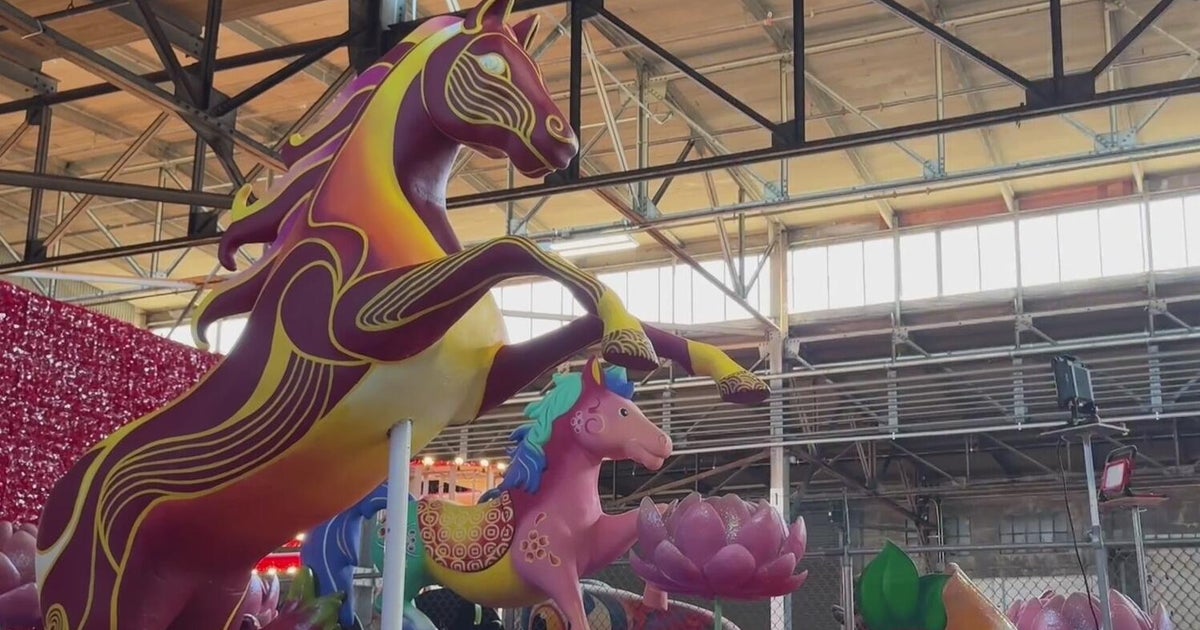San Francisco bans e-cigarettes: Is it legal? Is it safe?
San Francisco will become the first U.S. city to ban e-cigarette sales, after a unanimous vote by its board of supervisors on Tuesday. The mayor has indicated she plans to sign the measure.
The city is legally able to pass the ban "unless and until it's challenged," according to CBS News legal analyst Rikki Klieman. In California, Klieman explained, there are ballot initiatives – and "Juul is already prepared to get the signatures to get on the November ballot to absolutely get rid of this ordinance."
"Juul may carry the day," she added, "because adults — particularly adults in places like California or San Francisco — don't like being told by legislators what they can and cannot do in their own private time."
Juul, which is based in San Francisco, is the most popular e-cigarette brand. The company said in a statement that "this full prohibition will drive former adult smokers who successfully switched to vapor products back to deadly cigarettes, deny the opportunity to switch for current adult smokers, and create a thriving black market, instead of addressing the actual causes of underage access and use."
E-cigarettes have not been approved by the FDA, which has said that e-cigarette use in young people is an "epidemic." CBS News contacted the FDA about the ban, but has not heard back.
Part of the problem is that the health risks of using e-cigs are still "unknown," according to CBS News medical contributor Dr. Tara Narula.
"Nobody was prepared for how prevalent this is, particularly in the youth market," Dr. Narula said. "We're really all playing catch up at this point. And the problem is, we don't have the benefit of research, and we don't have the benefit of time. So nobody can tell you, after 200 or 300 puffs of an e-cigarette over 20 years, what is the potential risk."
Doctors have learned a few things: Dr. Narula said that nicotine is "particularly damaging" to the adolescent brain, that it's very addictive, and that it can affect memory and concentration. There's also cardiovascular side effects, and risks of blood vessel damage, seizures and exploding devices. The flavors can also cause lung disease, and some studies have shown that some e-cigs can damage DNA and cause cancer.
Currently, it's legal in California to smoke cigarettes, drink alcohol, and vape and smoke marijuana. Klieman proposed a few downsides to the ban, like the chance that people will switch back to cigarettes and the possibility of a "flourishing black market" for e-cigs.
But Dr. Narula pointed out that there's no conclusive evidence that e-cigs actually help people quit smoking. "There have been studies that say yes, there have been studies that say no, there have been studies that say people end up with dual use: they're using e-cigarettes and cigarettes," she said. "But as of right now, there's no conclusive scientific evidence that it's safe and effective for quitting smoking."
Major organizations are saying that more research is needed, she added. Until then, Dr. Narula recommended that smokers looking to quit seek counseling, or use one of the seven FDA-approved medications.
"Right now, because it's not approved, because we don't know the long-term risks, the safer options are things like nicotine gum, nicotine patch, other medications," Dr. Narula said. "If we have the research in the future, I would love to give patients an alternative. But there's still a lot of big questions around this."



